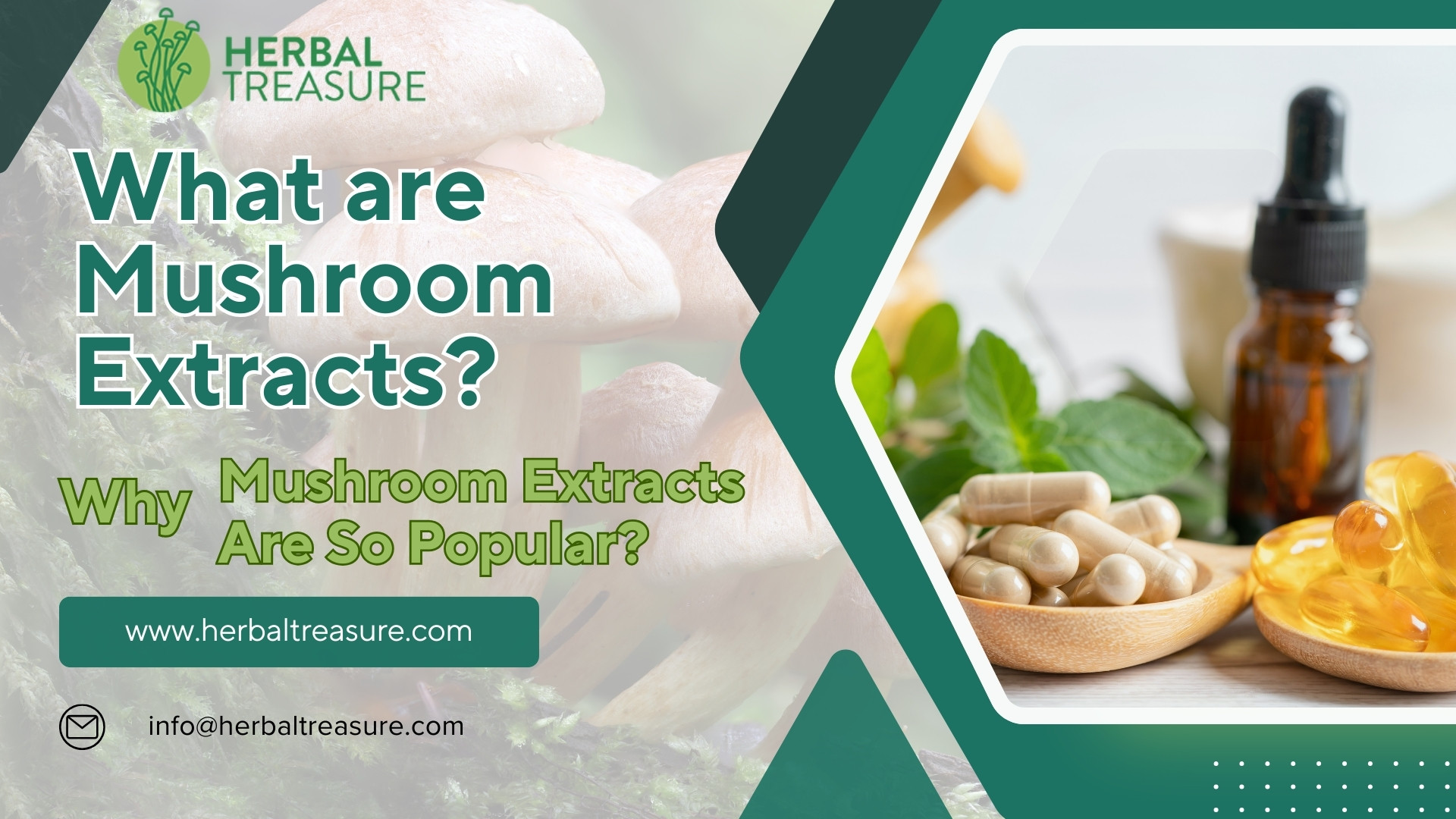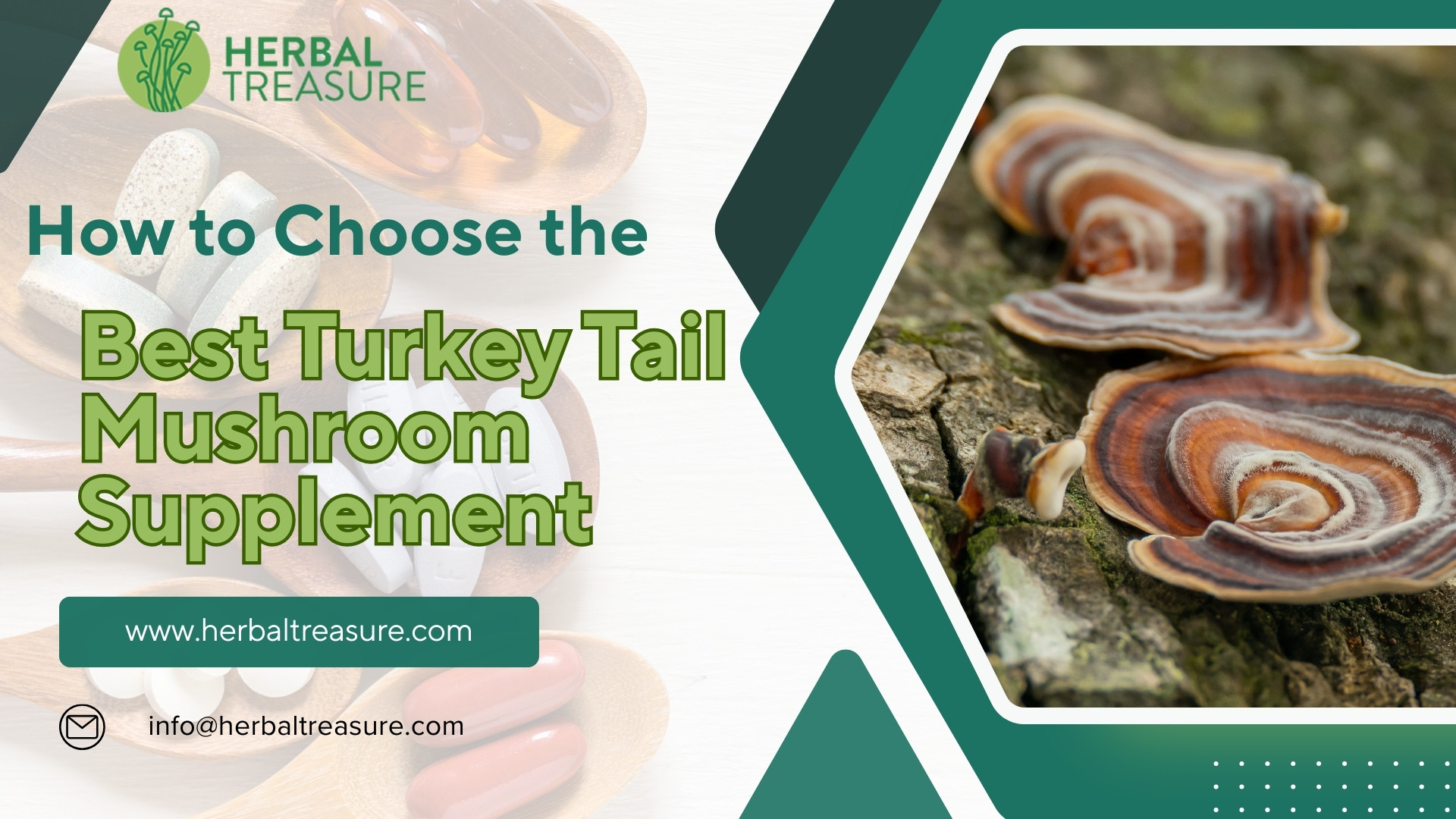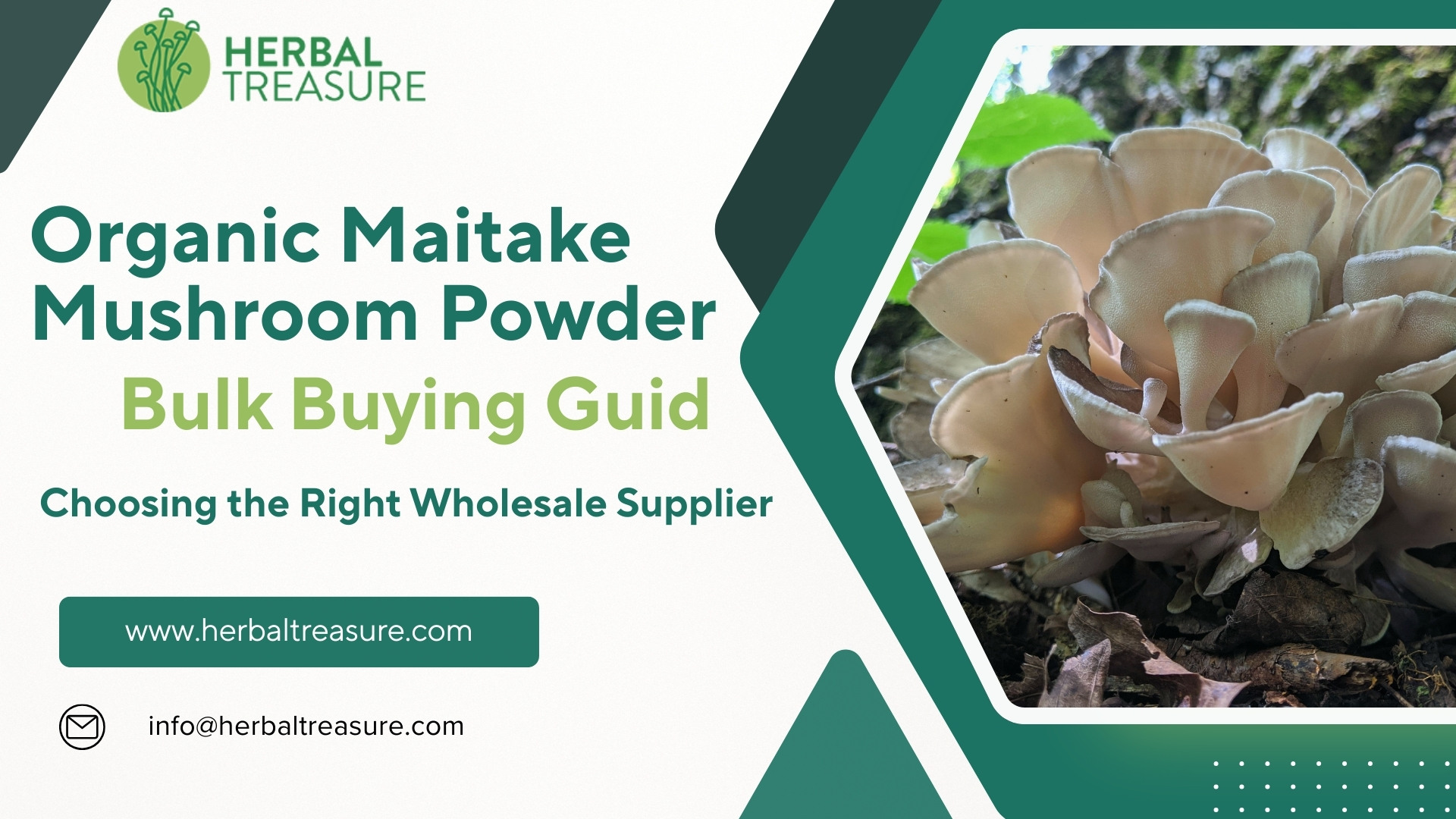Medicinal Mushrooms for Joint Pain are gaining attention as a natural way to support joint health and ease discomfort. As more people look for alternatives to traditional treatments, these fungi are emerging as a popular choice.
Packed with anti-inflammatory compounds like beta-glucans and triterpenoids, medicinal mushrooms may help reduce swelling, improve mobility, and support overall joint function. For those seeking gentle, plant-based solutions, Medicinal Mushrooms for Joint Pain offer a promising path to relief without the side effects of synthetic medications.
Medicinal Mushrooms and Joint Pain

Can They Help?
Many people seek relief from joint pain through natural remedies. Medicinal mushrooms have gained attention as a possible option for easing discomfort in the joints. These fungi contain unique compounds that may support the body’s response to inflammation. Some individuals report less stiffness and better movement after adding these mushrooms to their routine.
What Science Says
Researchers have started to study how medicinal mushrooms affect joint pain. Early studies suggest that certain mushrooms may help reduce inflammation, which often causes pain in the joints. Scientists have found that these mushrooms contain substances that can calm the immune system. This effect may help people with arthritis or other joint problems.
A few small clinical trials show promising results, but more research is needed. Experts agree that medicinal mushrooms may work best as part of a broader joint care plan. Many people remain interested in these natural options because they offer a gentle approach and few side effects.
How Medicinal Mushrooms Work?
Anti-Inflammatory Effects
Medicinal mushrooms contain special compounds that help the body fight inflammation. Beta-glucans, triterpenoids, and cordycepin are three of the most important.
- Beta-glucans support the immune system and help control inflammation.
- Triterpenoids can block certain pathways that cause swelling in the joints.
- Cordycepin works by stopping signals that trigger inflammation.
People with arthritis often have too much inflammation in their bodies. These mushroom compounds may help calm the immune system and reduce joint pain.
Pain Relief Mechanisms
Medicinal mushrooms may also help with pain in other ways. Some compounds can protect joint tissues from damage.
- Beta-glucans may help repair cells in the joints.
- Triterpenoids can act as antioxidants, which protect against stress and injury.
- Cordycepin may block pain signals in the nerves.
These actions may help people move more easily and feel less discomfort. Many researchers think that using these mushrooms could support other treatments for joint pain.
Top Mushrooms

Reishi
Reishi mushrooms have a long history in traditional medicine. People use them to help reduce inflammation and support the immune system. Studies suggest that reishi may lower swelling in joints and ease pain for those with arthritis.
Chaga
Chaga mushrooms grow on birch trees and have strong antioxidant properties. These antioxidants can protect joint tissues from damage. Some research shows that chaga may help reduce inflammation and support joint health.
Chaga has been used in folk remedies for centuries. Many people believe it helps with pain and stiffness.
Cordyceps
Cordyceps mushrooms are known for boosting energy and reducing fatigue. They may also help with joint pain by lowering inflammation. Cordycepin, a key compound in cordyceps, can block pain signals in the body.
Lion’s Mane
Lion’s mane mushrooms support nerve health and may help repair joint tissues. Research suggests that lion’s mane can reduce inflammation and protect against damage in the joints.
People have used lion’s mane in traditional medicine to support healing and reduce pain.
Shiitake
Shiitake mushrooms are rich in beta-glucans, which support the immune system. These compounds may help control inflammation in the joints. Some studies link shiitake to better joint function and less pain.
Many cultures use shiitake as part of their medicinal mushrooms for overall wellness.
Using Medicinal Mushrooms
Forms and Dosage
People can find mushrooms for joint health in several forms. Capsules, powders, teas, and liquid extracts are the most common options.
Capsules offer a simple way to take a daily dose. Powders mix easily into smoothies or food. Teas provide a warm, soothing drink. Liquid extracts absorb quickly and may suit those who want fast results.
A typical daily dose depends on the type of mushroom and the form used. Most products suggest one to two grams per day for powders or capsules. Teas and extracts often come with instructions on the label. People should always start with the lowest recommended dose.
Safety Tips
People should buy supplements from trusted sources. Quality matters because some products may contain fillers or contaminants.
Always read the label before use. Some mushrooms may interact with medicines or cause allergies. People with health conditions should talk to a healthcare provider first.
Children, pregnant women, and those with immune problems should avoid these supplements unless a doctor approves. If any side effects appear, stop use and seek medical advice.

Risks and Side Effects
Possible Reactions
Some people may experience mild side effects when using mushroom supplements. Common reactions include stomach upset, diarrhea, or dry mouth. These symptoms often appear soon after starting a new supplement. Most people find that these effects go away as the body adjusts.
Allergic reactions can also happen. Signs include skin rash, itching, or swelling. Anyone who notices these symptoms should stop using the product right away. Rarely, some people may have trouble breathing or feel dizzy. These signs need quick medical attention.
Mushroom supplements can interact with certain medicines. Blood thinners, immune-suppressing drugs, and diabetes medications may not mix well with these products. A doctor can help decide if it is safe to use mushrooms with other treatments.
Who Should Avoid
Some groups should avoid mushroom supplements unless a healthcare provider approves. Children and pregnant or breastfeeding women have a higher risk of side effects. People with autoimmune diseases may also face problems because mushrooms can affect the immune system.
Those with mushroom allergies should never use these products. People who take medicine for chronic conditions need to talk to a doctor first. This step helps prevent harmful interactions.
Groups who should avoid:
-
- Children
- Pregnant or breastfeeding women
- People with autoimmune diseases
- Those with mushroom allergies
- Anyone taking prescription medications
Conclusion
As consumer interest in natural wellness solutions continues to grow, medicinal mushrooms present a valuable opportunity for businesses to meet market demand.
By offering well-researched, high-quality products that target joint health and pain relief, companies can position themselves as leaders in the natural health market. Ensuring product safety, transparency, and educational support will help build consumer trust and drive long-term success in this expanding sector.












